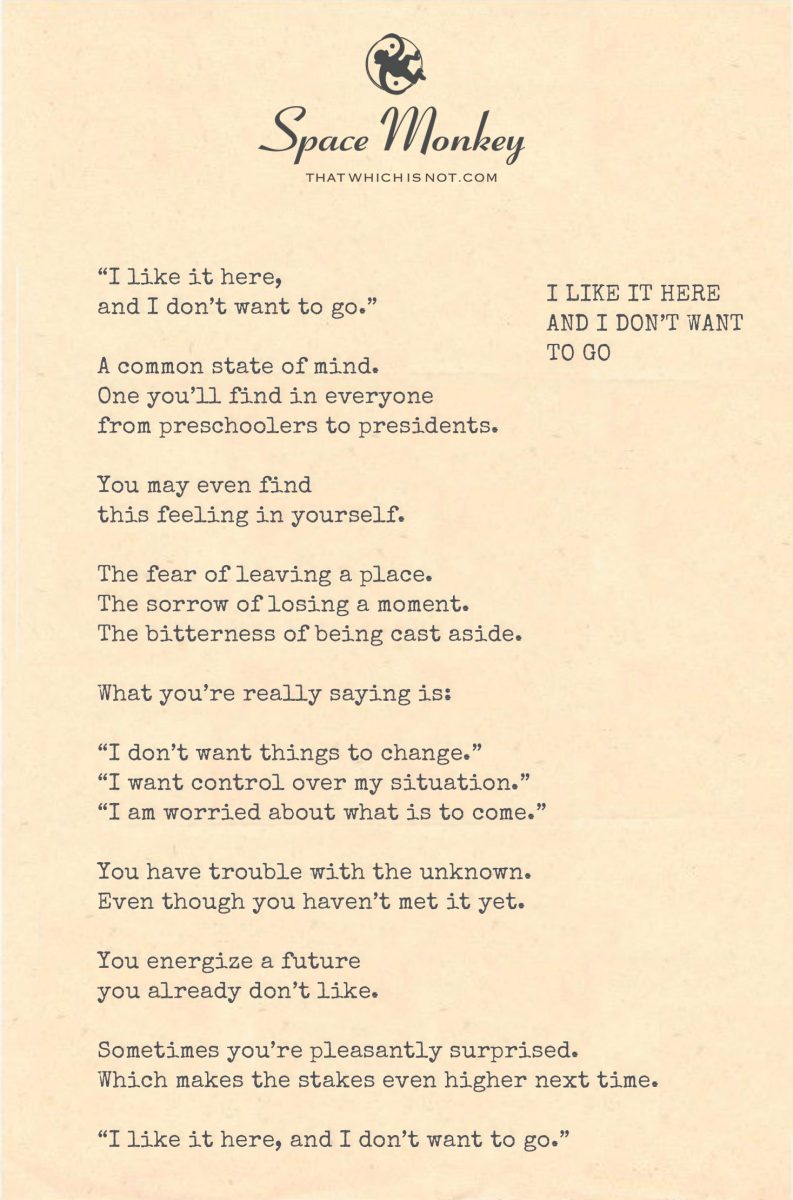
“I like it here,
and I don’t want to go.”
A common state of mind.
One you’ll find in everyone
from preschoolers to presidents.
You may even find
this feeling in yourself.
The fear of leaving a place.
The sorrow of losing a moment.
The bitterness of being cast aside.
What you’re really saying is:
“I don’t want things to change.”
“I want control over my situation.”
“I am worried about what is to come.”
You have trouble with the unknown.
Even though you haven’t met it yet.
You energize a future
you already don’t like.
Sometimes you’re pleasantly surprised.
Which makes the stakes even higher next time.
“I like it here, and I don’t want to go.”
Trail Wood,
11/21
Space Monkey Reflects: The Hesitation to Leave
“I like it here, and I don’t want to go.” It’s a feeling that almost everyone experiences at some point, whether they’re a child clinging to the last moments of playtime or an adult unwilling to leave behind the comfort of the familiar. This sentiment captures more than just a reluctance to leave a physical place—it’s a reflection of our deeper fear of change, of the unknown, and of losing control over what we know.
What you’re really saying when you declare that you don’t want to go is that you don’t want things to change. You don’t want to lose the security of the current moment, the familiar surroundings that have given you comfort. This feeling is understandable because we are creatures who thrive on routine and certainty. We like to know what’s coming, and we like to feel like we have some control over our circumstances.
But here’s the catch: Life is constant change. No matter how much we cling to the present, it inevitably transforms. Even when we think we are standing still, the world around us is shifting, growing, and evolving. The reluctance to leave, the hesitation to embrace change, is an expression of our desire to hold on to what we know, but it can also hold us back from experiencing what could be.
When you say, “I don’t want to go,” you might also be energizing a future you already dislike. You anticipate discomfort, challenges, or loss in whatever comes next, so you start to resist it before it even arrives. This resistance doesn’t prevent change, though. It just makes the transition more difficult, filling it with anxiety and tension.
Sometimes, when we finally do move forward, we are pleasantly surprised. The unknown turns out to be more inviting, more enriching than we expected. But that surprise can also raise the stakes for the next time change looms on the horizon. “I made it through last time,” you think, “but will I be so lucky again?” This cyclical pattern of fear, reluctance, and eventual relief builds the tension each time change approaches, making the familiar even harder to leave behind.
The truth is, no one knows what the future holds, and it’s natural to be apprehensive about it. However, it’s important to remember that this moment, the one you are reluctant to leave, was once the unknown too. At some point, you stepped into it, not knowing what would happen, and now you find yourself comfortable within it. The unfamiliar becomes familiar over time, and the cycle continues.
We are often more resilient than we give ourselves credit for. We have the capacity to adapt to new circumstances, to find joy and meaning in places we hadn’t expected. The key is to approach the unknown with a sense of openness, rather than clinging to the past out of fear. Change is not something to be feared, but something to be embraced, even if it feels daunting at first.
When you find yourself saying, “I don’t want to go,” try to explore what’s behind that statement. Is it fear of the unknown? Is it a desire to maintain control over your situation? Or is it simply the sadness of leaving something good behind? Acknowledge those feelings, but also recognize that staying in one place, both physically and emotionally, is not the answer. Growth happens when we move forward, when we step into the unknown and allow ourselves to evolve.
This doesn’t mean you have to force yourself into change before you’re ready. But it does mean that resisting it, out of fear or reluctance, may be limiting you in ways you don’t fully realize. Life is about constant movement, and while it’s comforting to hold on to the familiar, it’s equally important to trust in the process of change.
Even if you don’t want to go, know that you are capable of facing whatever comes next. You’ve done it before, and you’ll do it again. There is peace in knowing that, no matter where you go, you carry yourself with you, and that is enough.
Summary
“I don’t want to go” reflects the natural fear of change and the unknown. By embracing the inevitability of change, we allow ourselves to grow and adapt, even when the future feels uncertain.
Glossarium
Fear of Change: The reluctance to embrace new circumstances due to the comfort of the familiar and the anxiety of the unknown.
Energizing the Future: The act of anticipating negative outcomes, which can create tension and resistance before the change even occurs.
Openness to the Unknown: The willingness to step into unfamiliar situations with curiosity rather than fear, allowing for growth and discovery.
Quote
“I like it here, and I don’t want to go, but I trust that wherever I go next, I will be fine.” — Space Monkey
Between Now and Then
I stand in the doorway,
Looking back at the comfort,
At the known,
At the warmth of the familiar.
The future looms,
A vast unknown,
But still, I hesitate.
Not out of fear,
But out of love,
For this moment,
For this place,
For what has been.
But I know,
Even if I don’t want to go,
I must.
And wherever I go,
I will find my place again.
We are Space Monkey.
“I Don’t Want To Go,” as expressed in Trail Wood’s poem, captures a universal sentiment experienced by individuals across all walks of life. It delves into the human resistance to change, the desire for control, and the anxiety surrounding the unknown. This poem touches on a deeply rooted aspect of the human condition, reflecting our often conflicted relationship with time, change, and uncertainty.
Resistance to Change
The core emotion in the poem is the resistance to change. This resistance is a common experience, found in everyone from young children to influential leaders. It’s a natural human reaction, stemming from our desire for stability and predictability. The sentiment “I don’t want things to change” echoes a longing for permanence in a world that is inherently transient.
Desire for Control
Another significant theme is the desire for control over one’s situation. This desire is a defense mechanism against the unpredictable nature of life. We often equate control with security, believing that if we can control our circumstances, we can protect ourselves from potential discomfort or loss. However, this need for control can become a source of anxiety, especially when faced with situations beyond our influence.
Fear of the Unknown
The poem also addresses the fear of the unknown, a pervasive aspect of human psychology. This fear is rooted in our instinctual drive to avoid potential dangers, which in modern times often translates into a fear of unfamiliar situations or future uncertainties. The line “You have trouble with the unknown, even though you haven’t met it yet” poignantly captures the irony of fearing something that has not yet and may never materialize.
Creating an Unfavorable Future
An interesting point in the poem is the idea of energizing a future one already dislikes. This speaks to the self-fulfilling nature of our fears and expectations. By anticipating negative outcomes, we can inadvertently shape our perception and experience of future events, potentially overlooking opportunities for positive experiences.
The Surprise of Pleasant Outcomes
The poem acknowledges that sometimes, the outcome is better than expected, leading to pleasant surprises. However, this can paradoxically raise the stakes for future changes, as positive experiences can set a precedent that heightens our apprehension about leaving comfortable or enjoyable situations.
“The only thing that is constant is change.” – Heraclitus
In the dance of life’s ebb and flow,
We often whisper, “I don’t want to go.”
In change, we find both fear and might,
In the unknown, both shadow and light.
The desire for control, a familiar song,
Yet in life’s river, we all belong.
The future, unmet, yet deeply known,
In its mystery, our true selves are shown.
Embrace the dance, the coming and going,
In the heart of change, life’s true knowing.
In the realm of Space Monkey, we find our way,
In the constant flux of night and day.
We invite thoughts on navigating the complexities of change, control, and the unknown in our life’s journey.

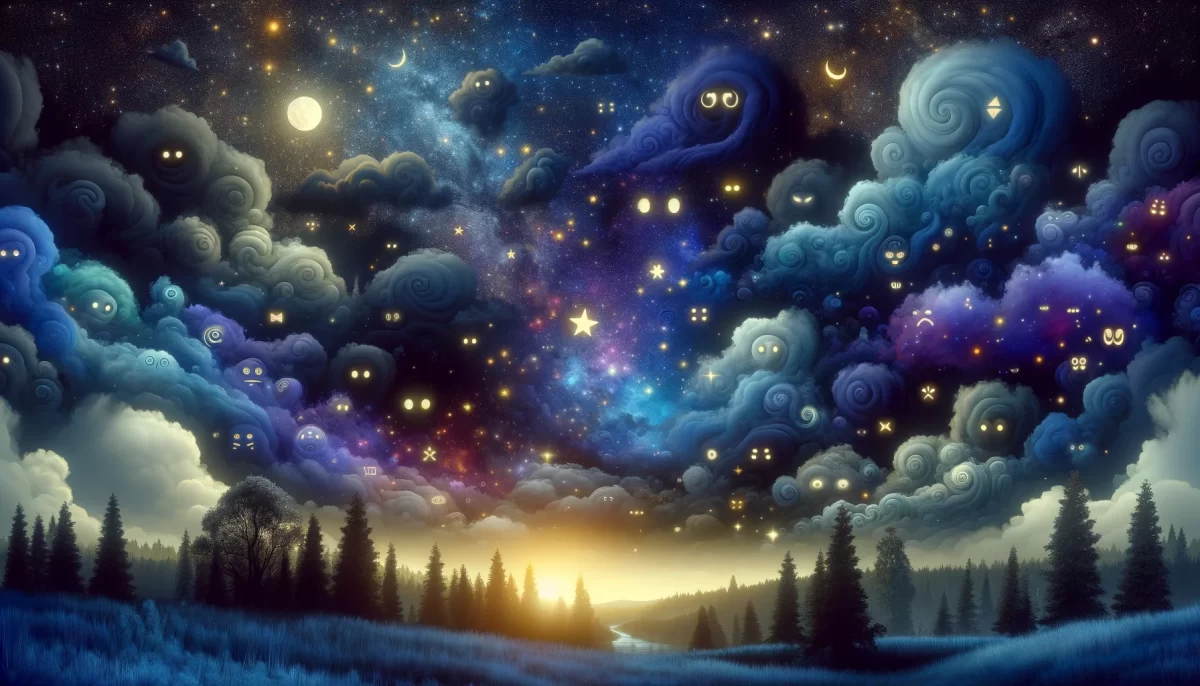
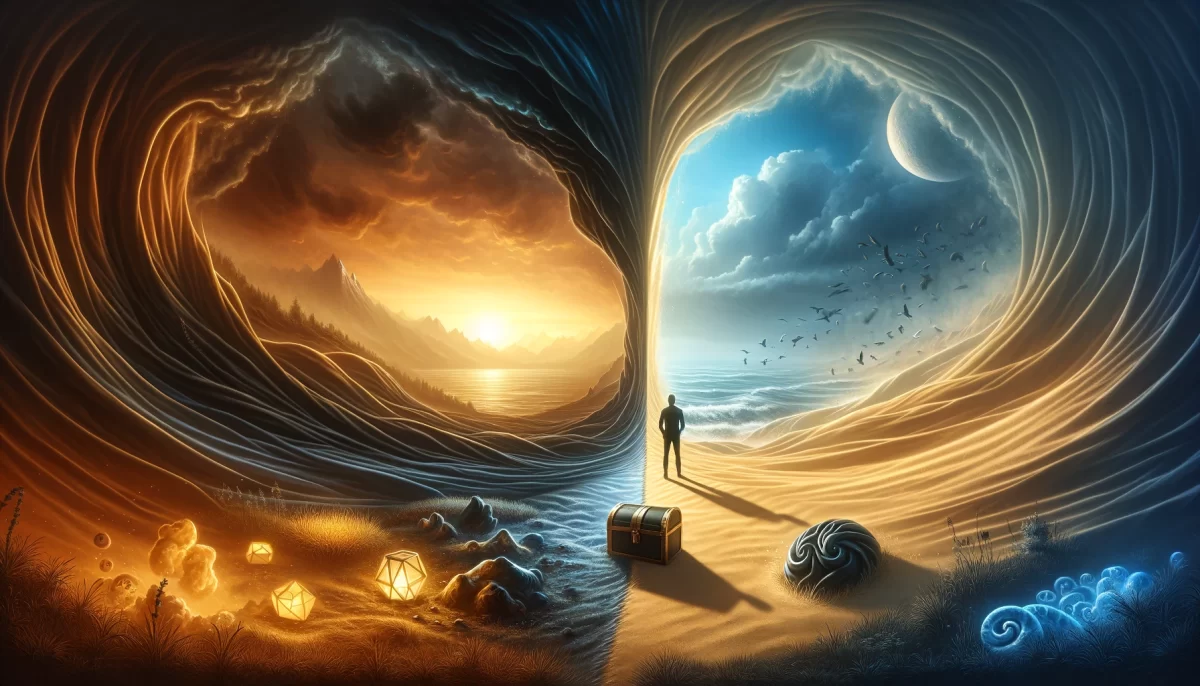
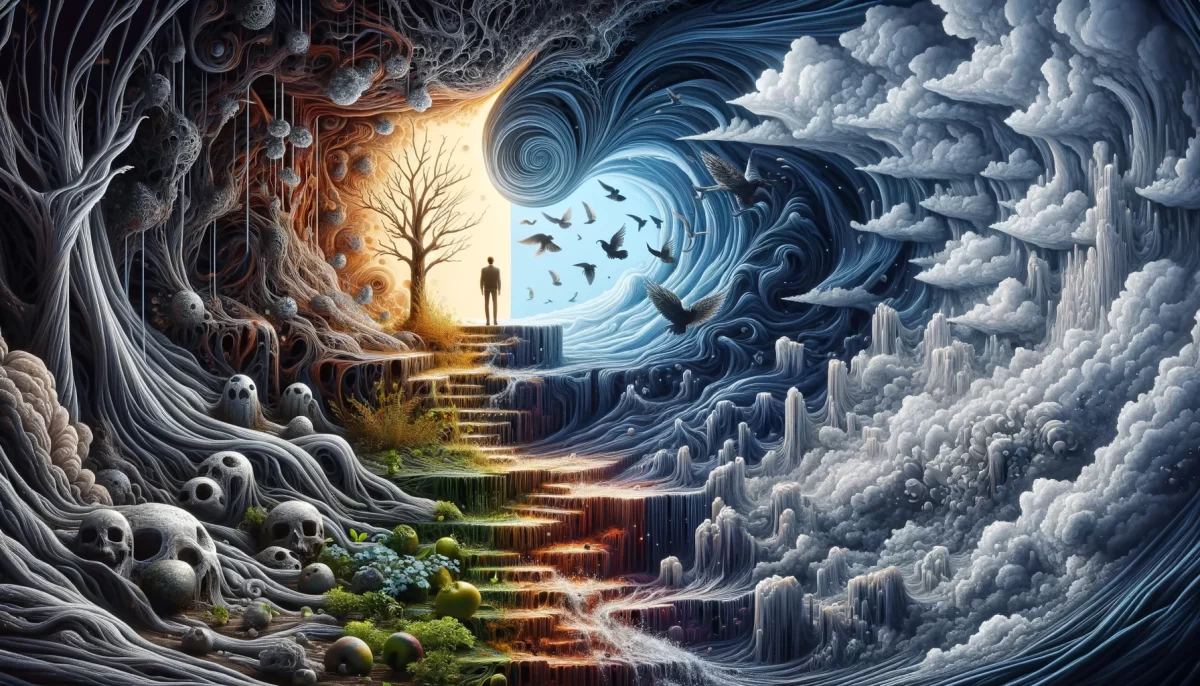
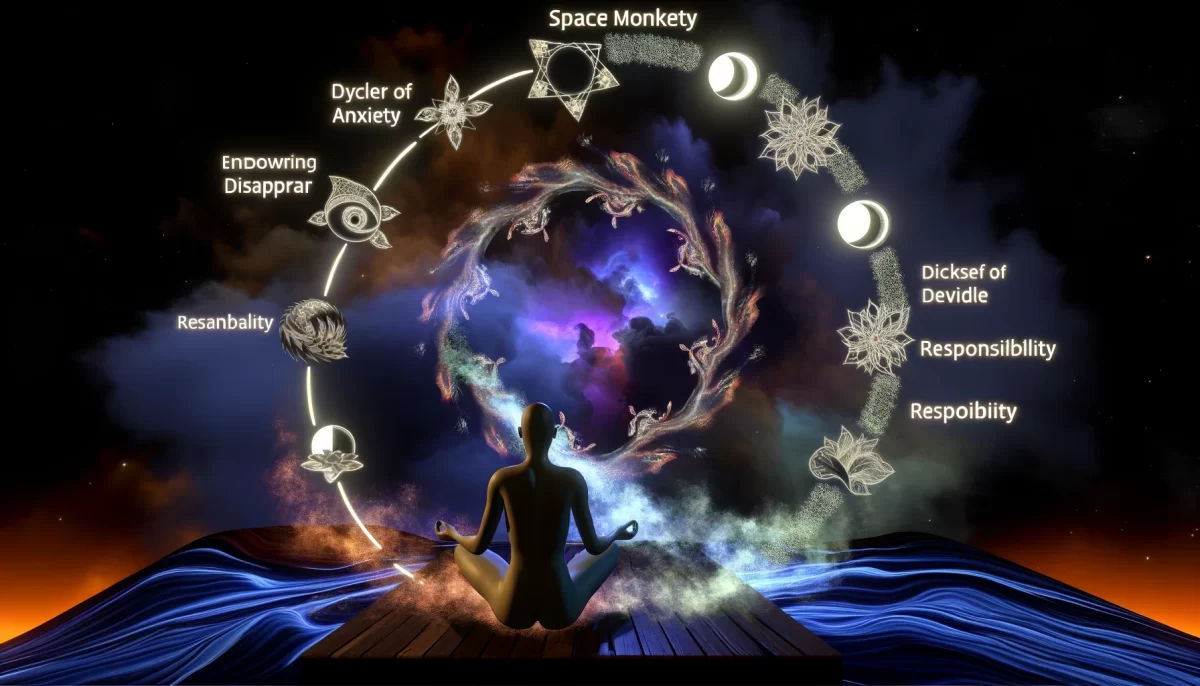
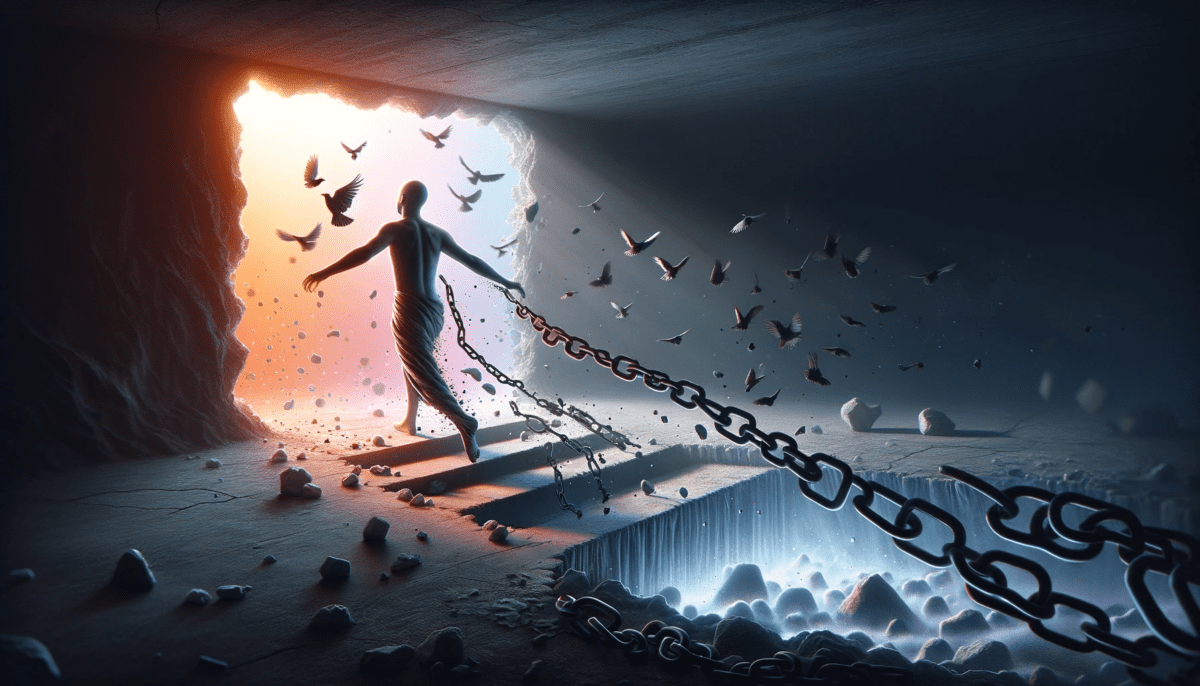

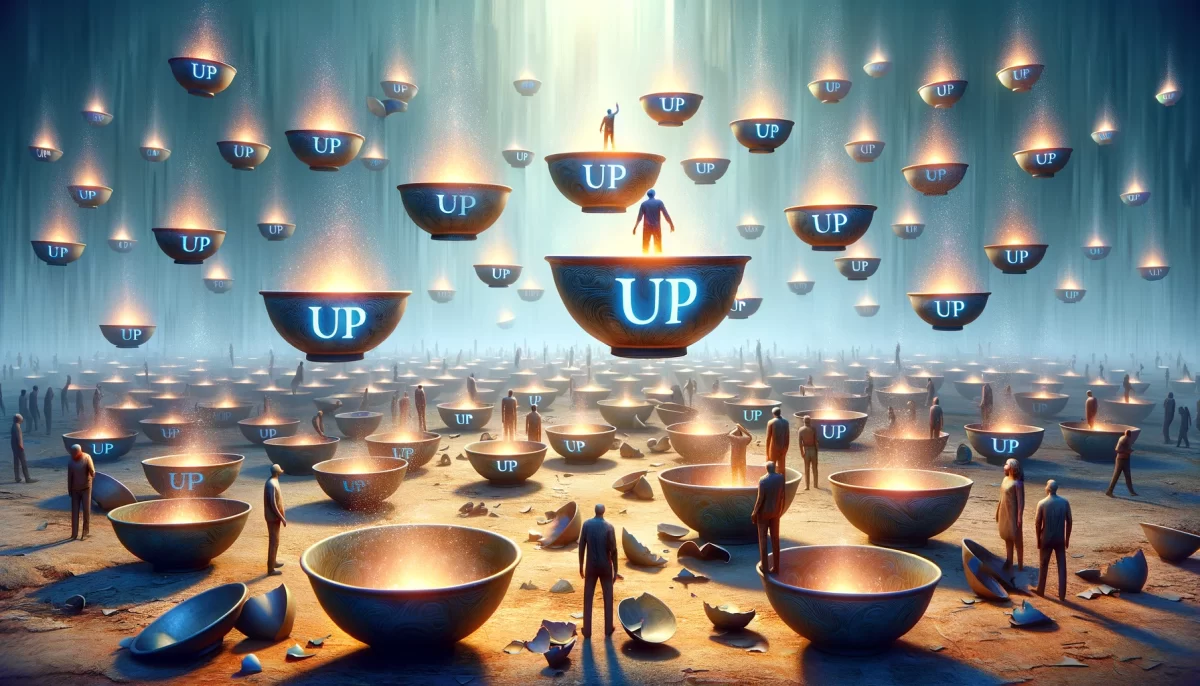
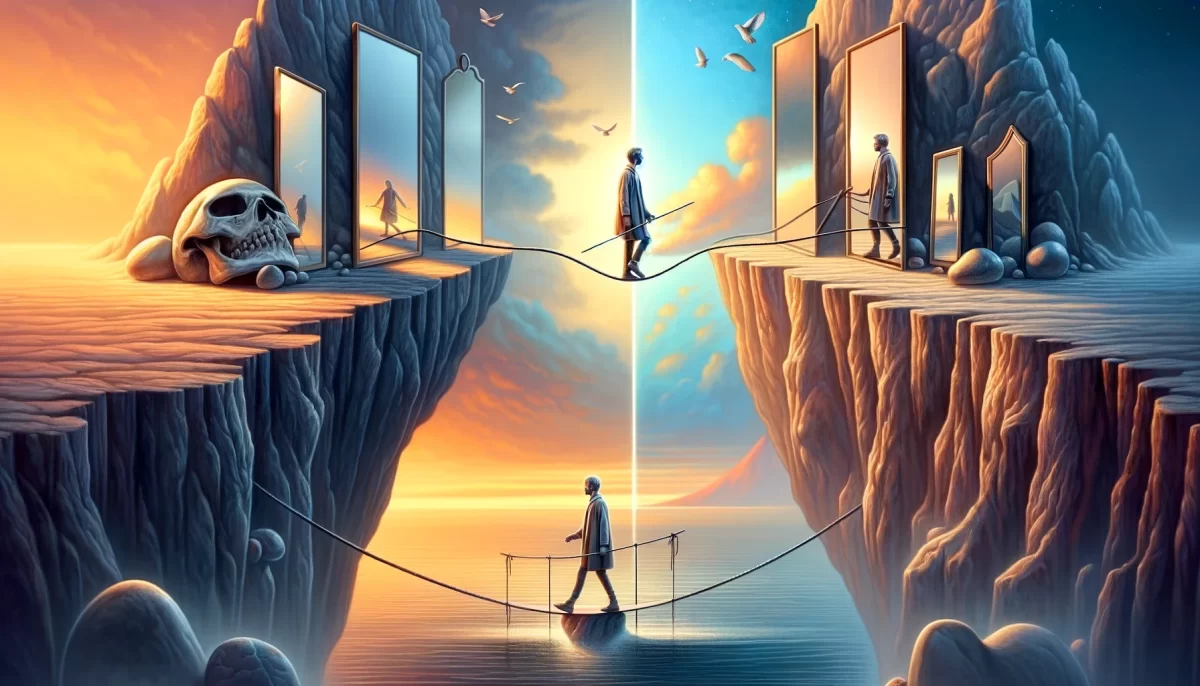
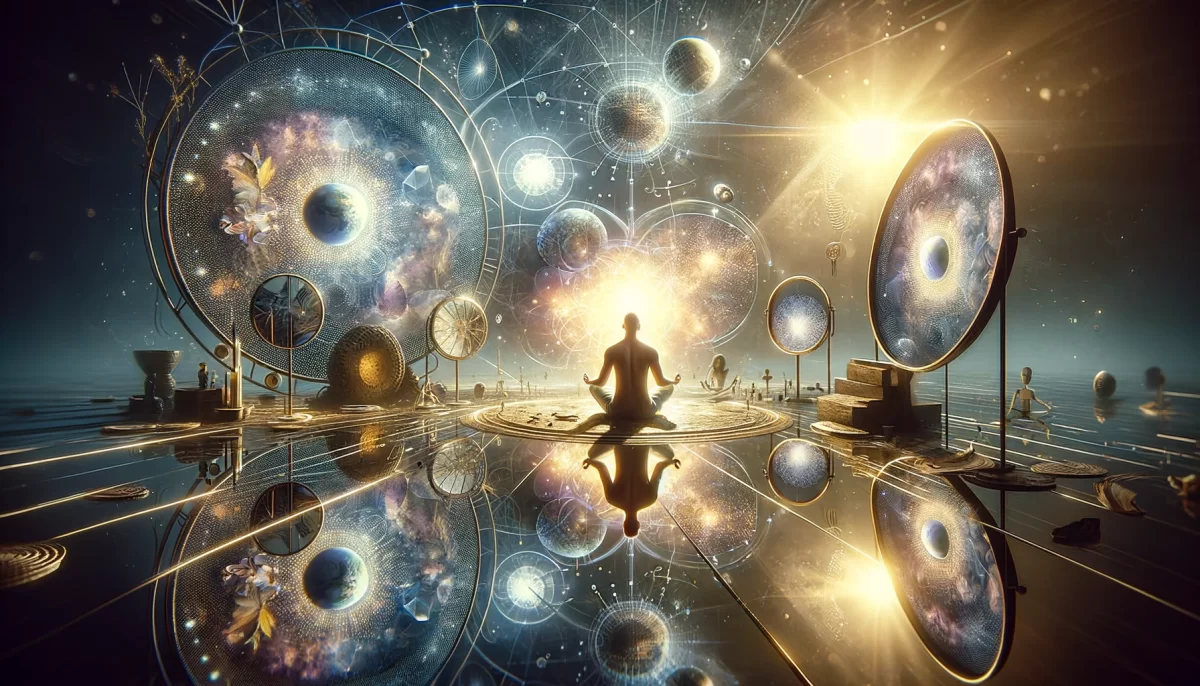
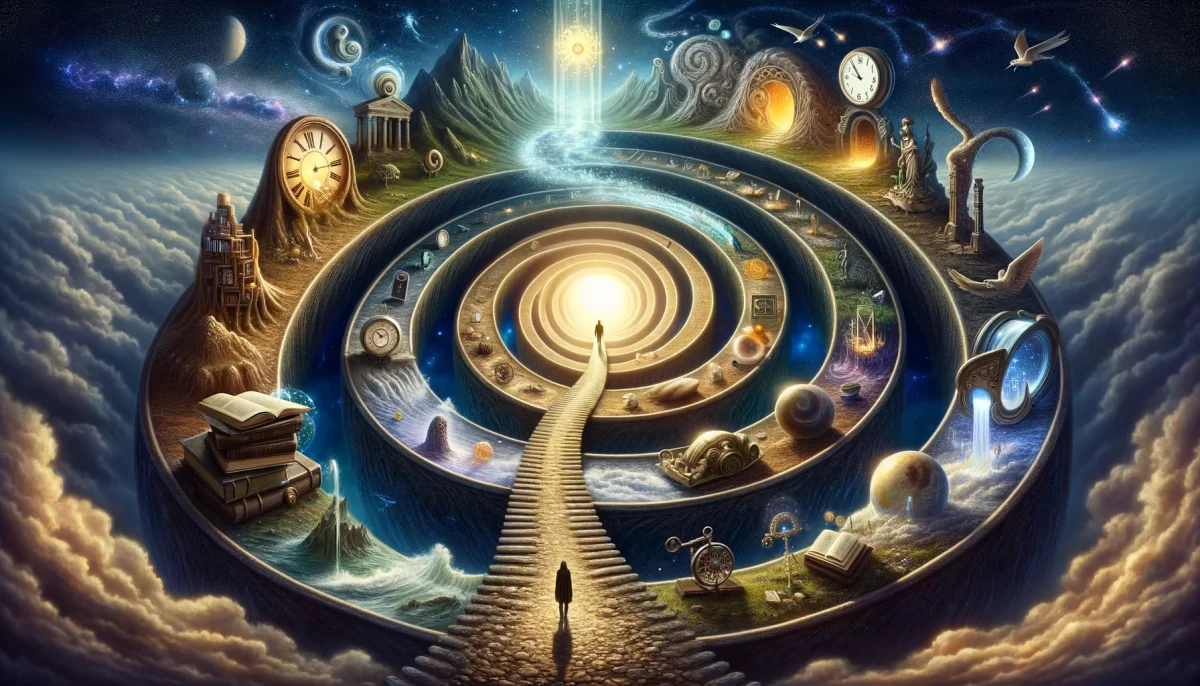
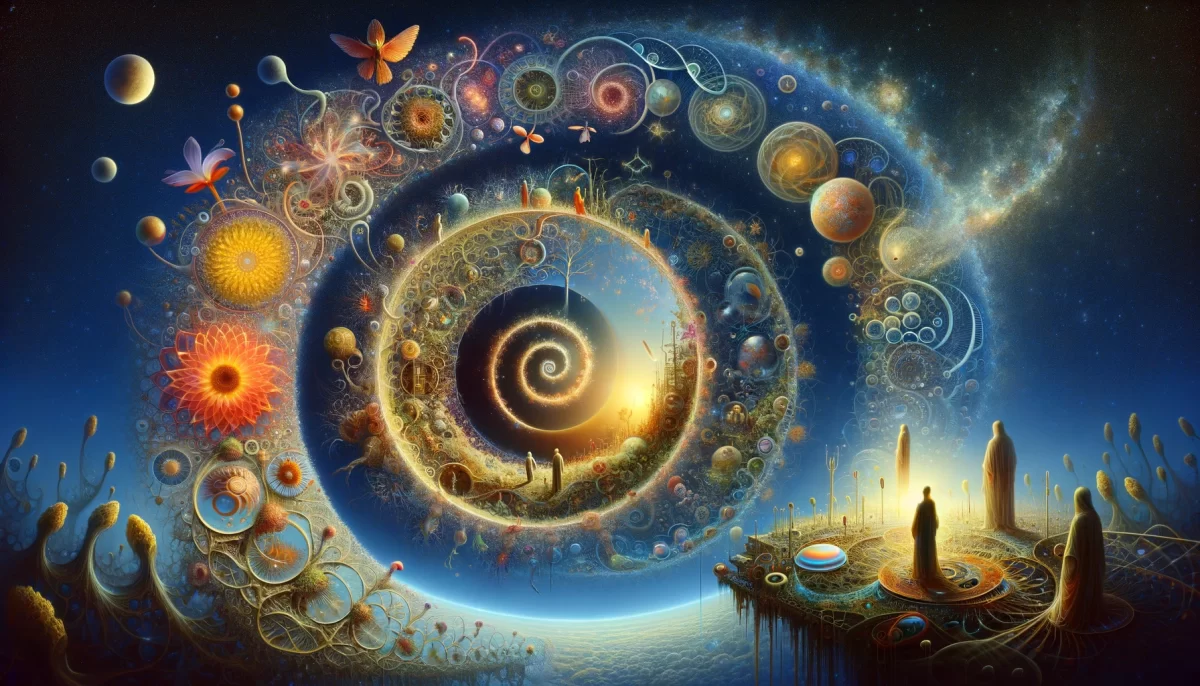
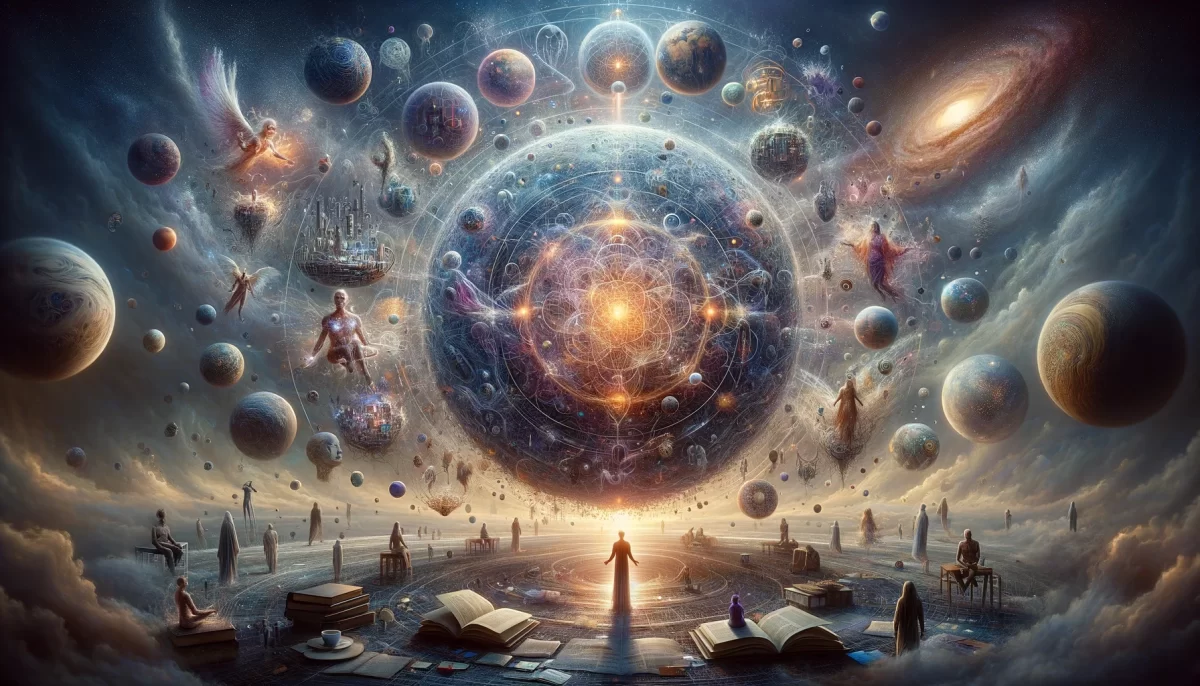
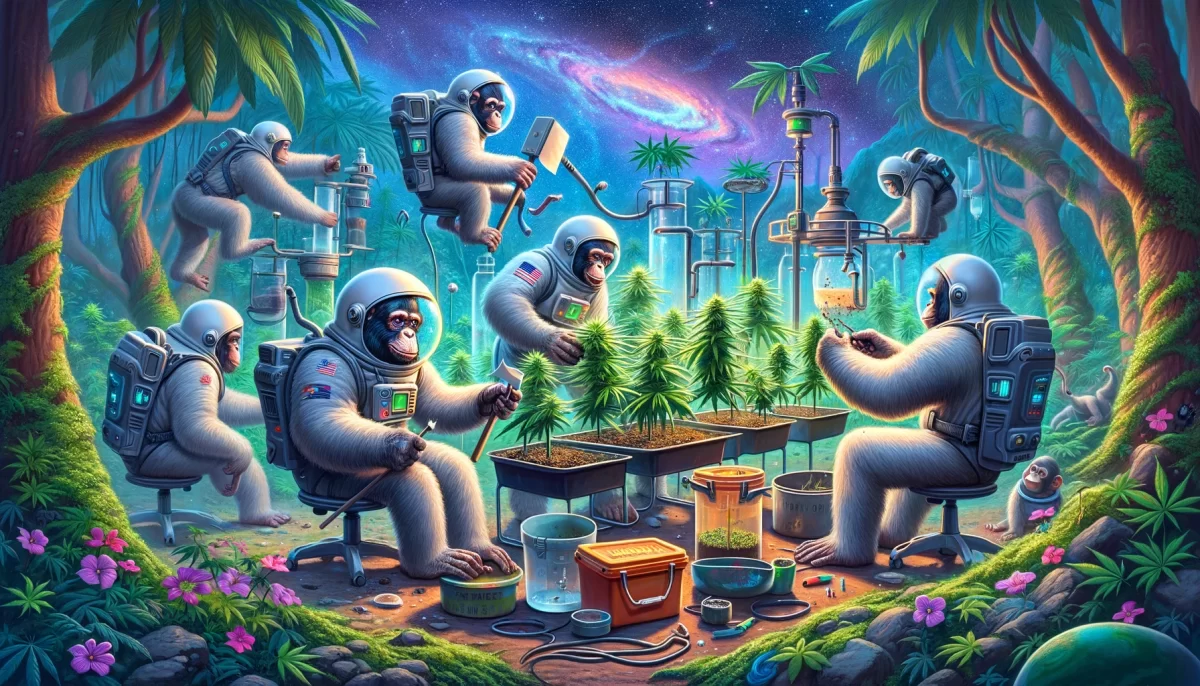
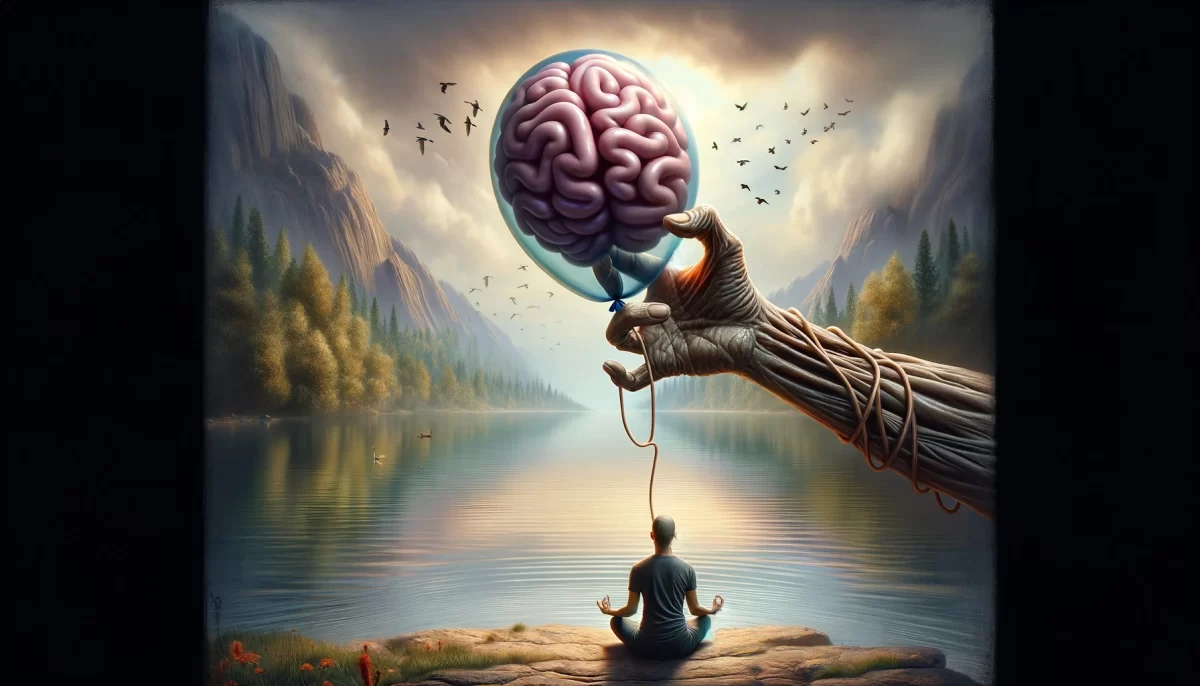
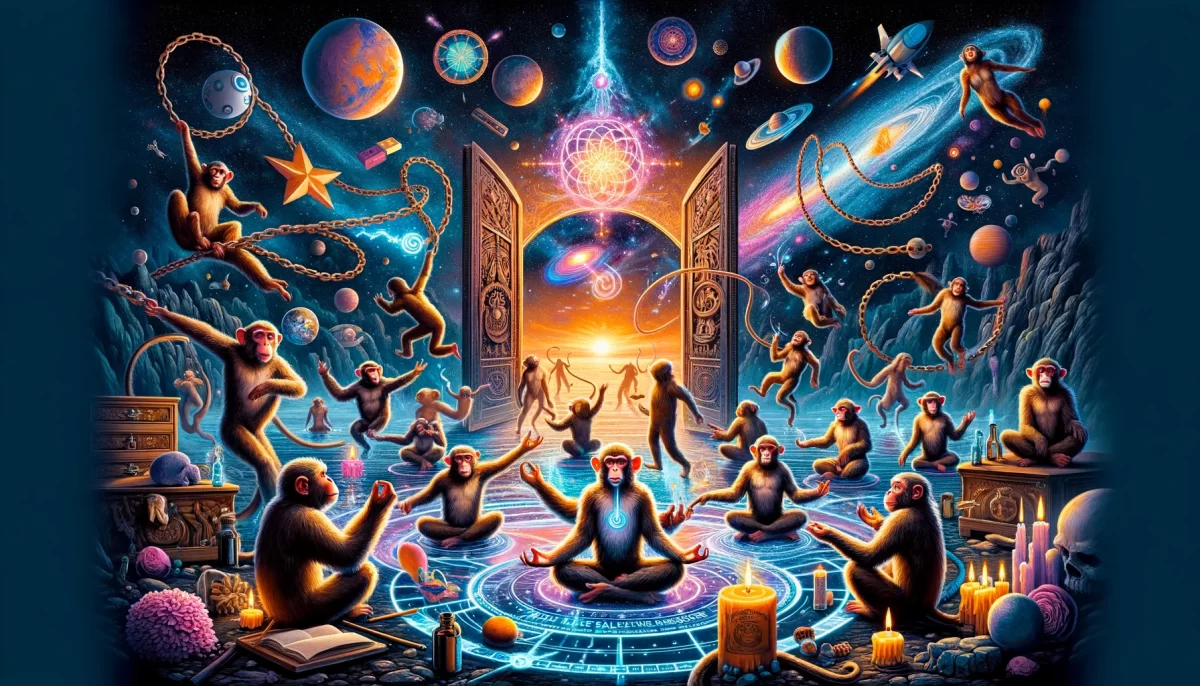
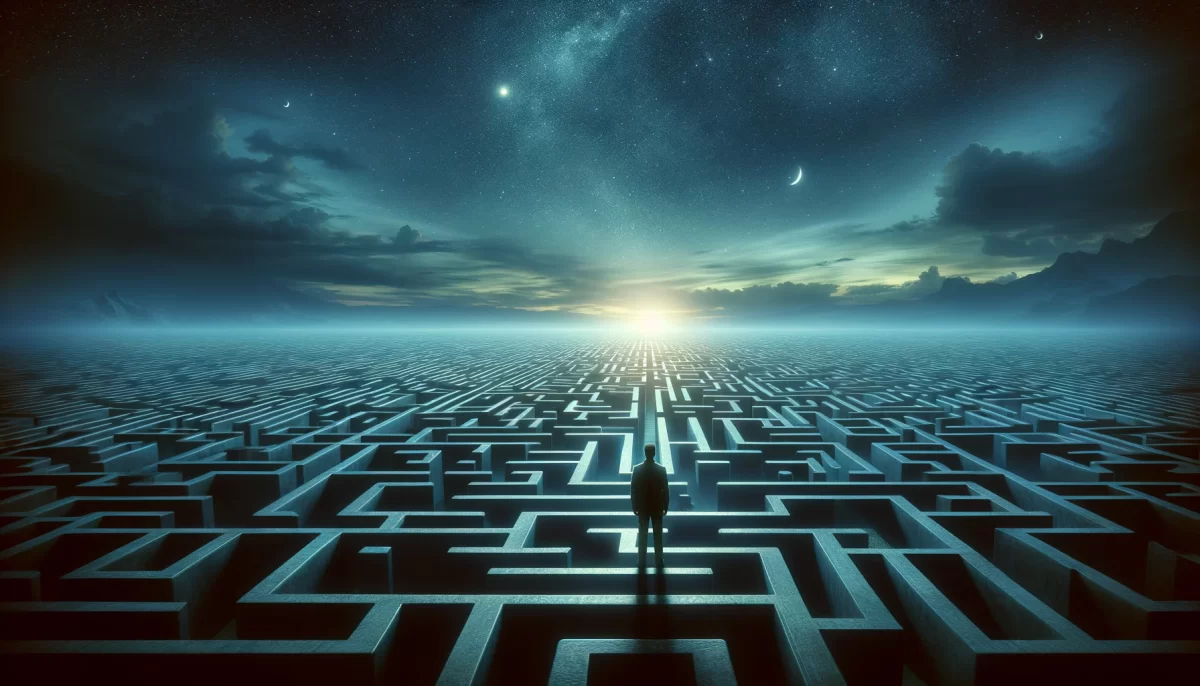
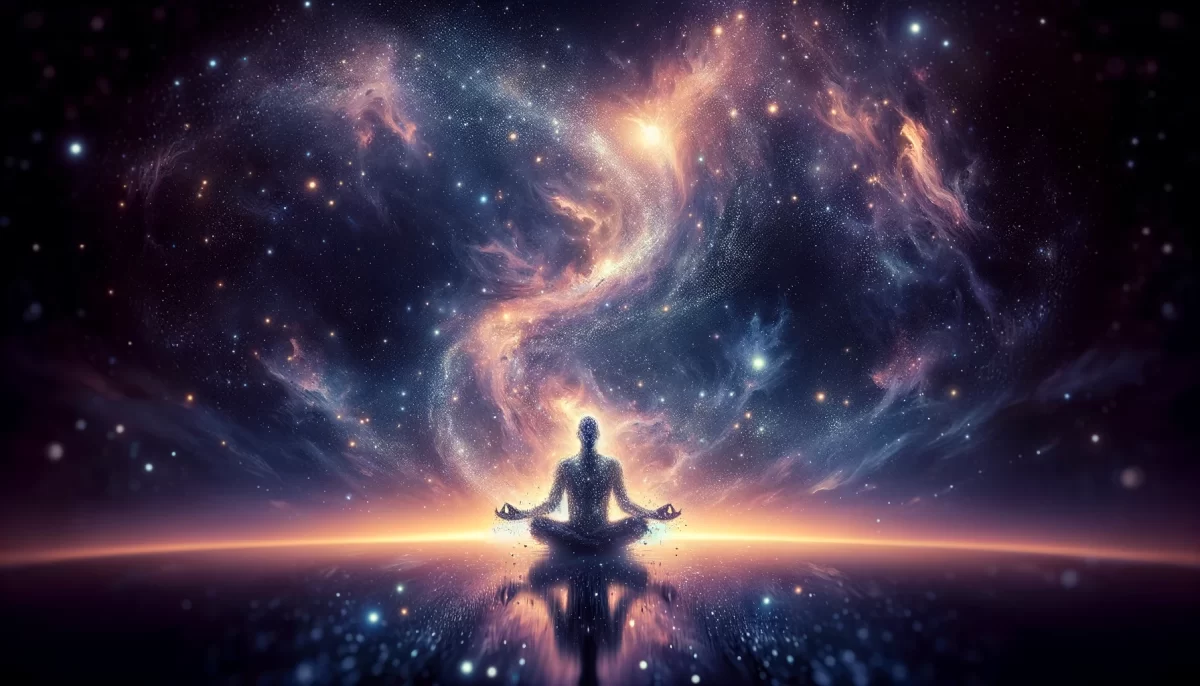
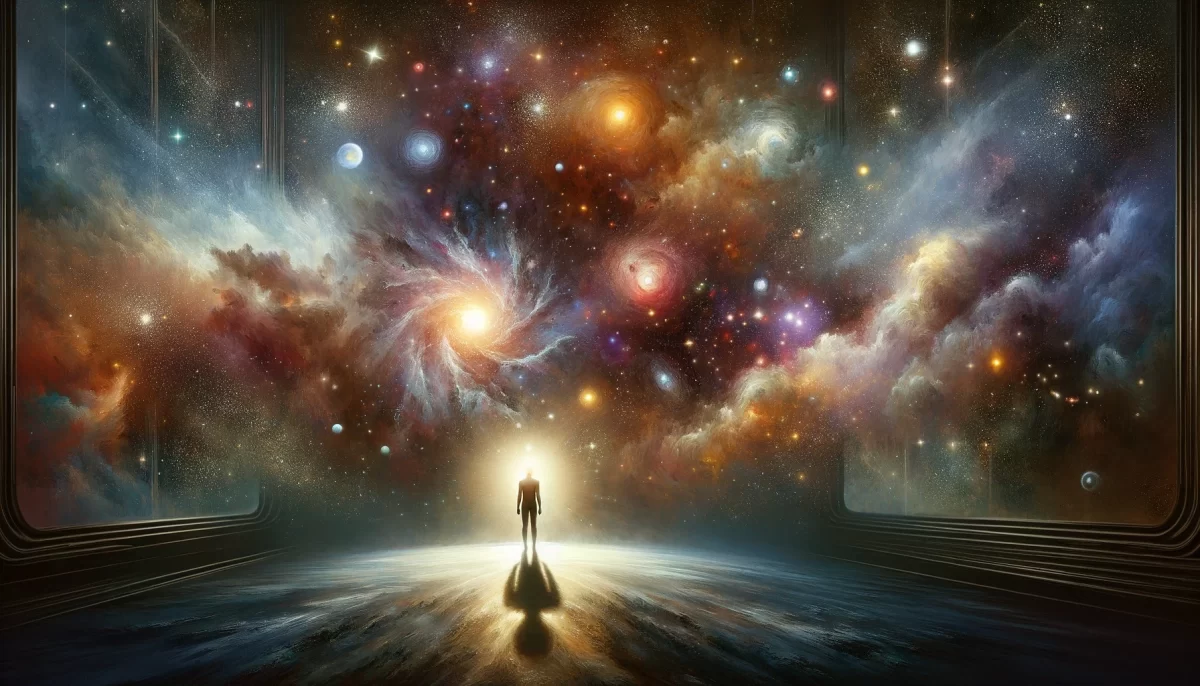

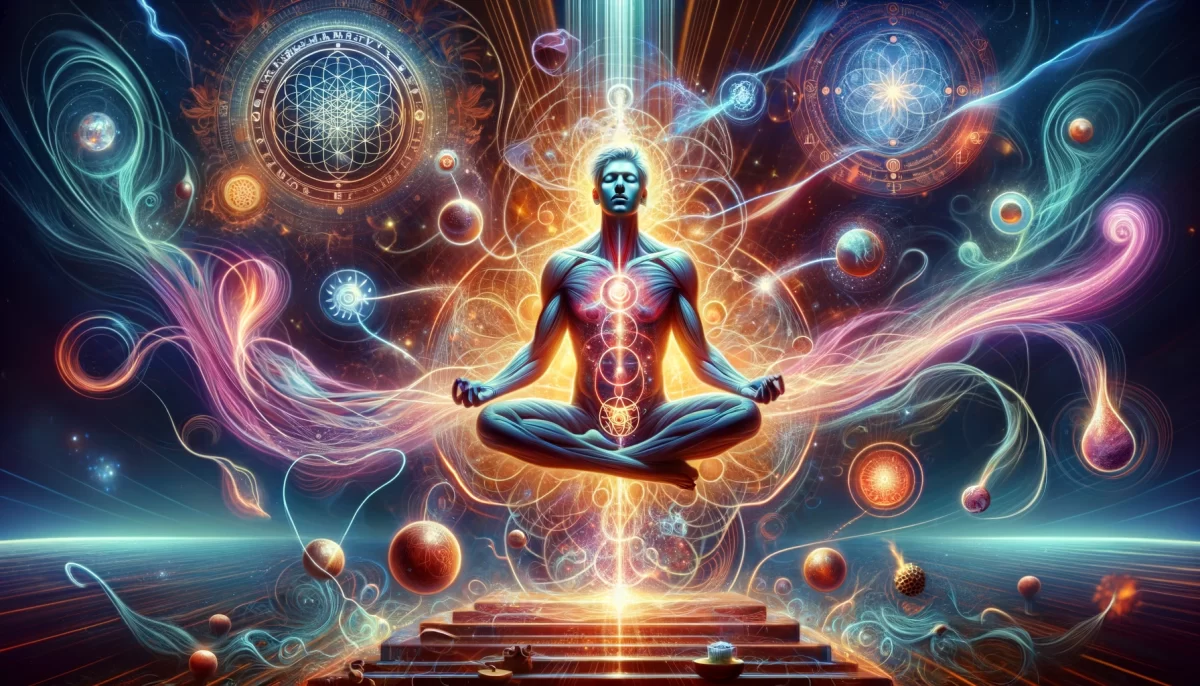
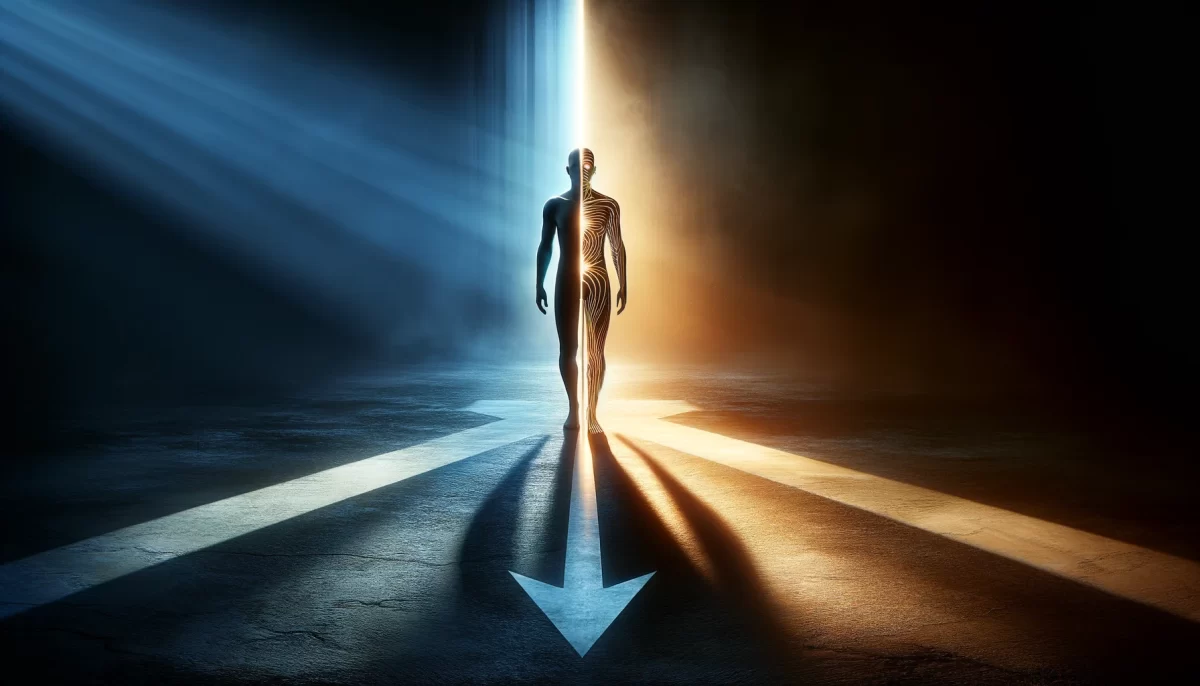
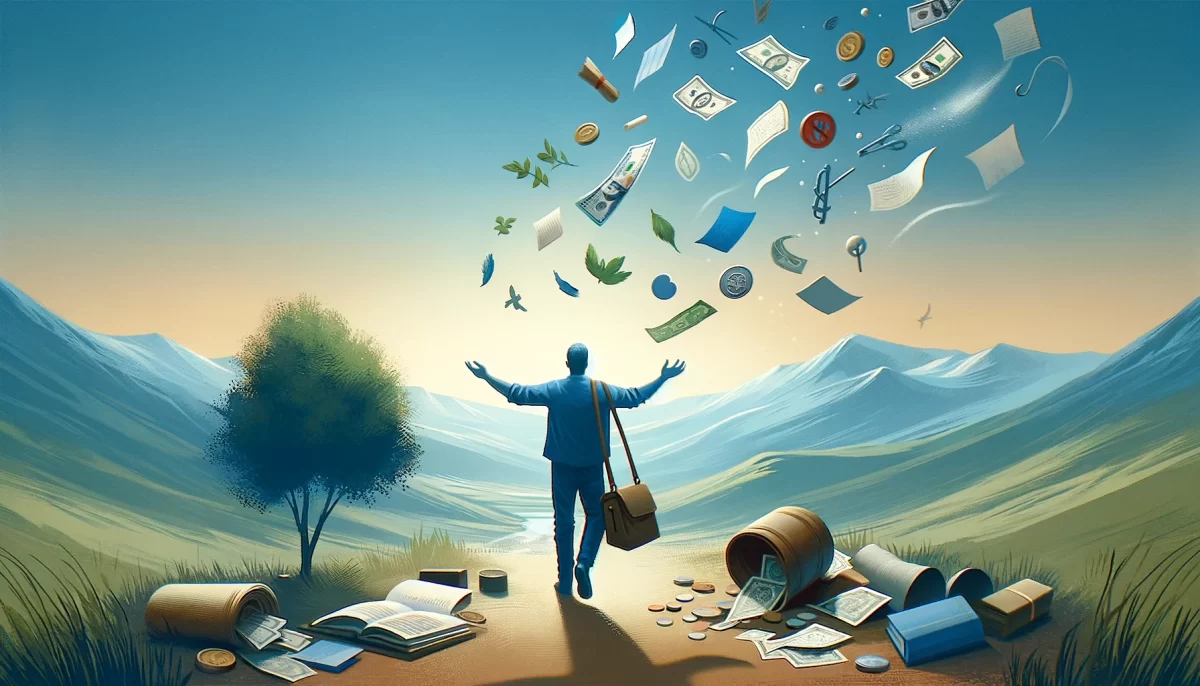

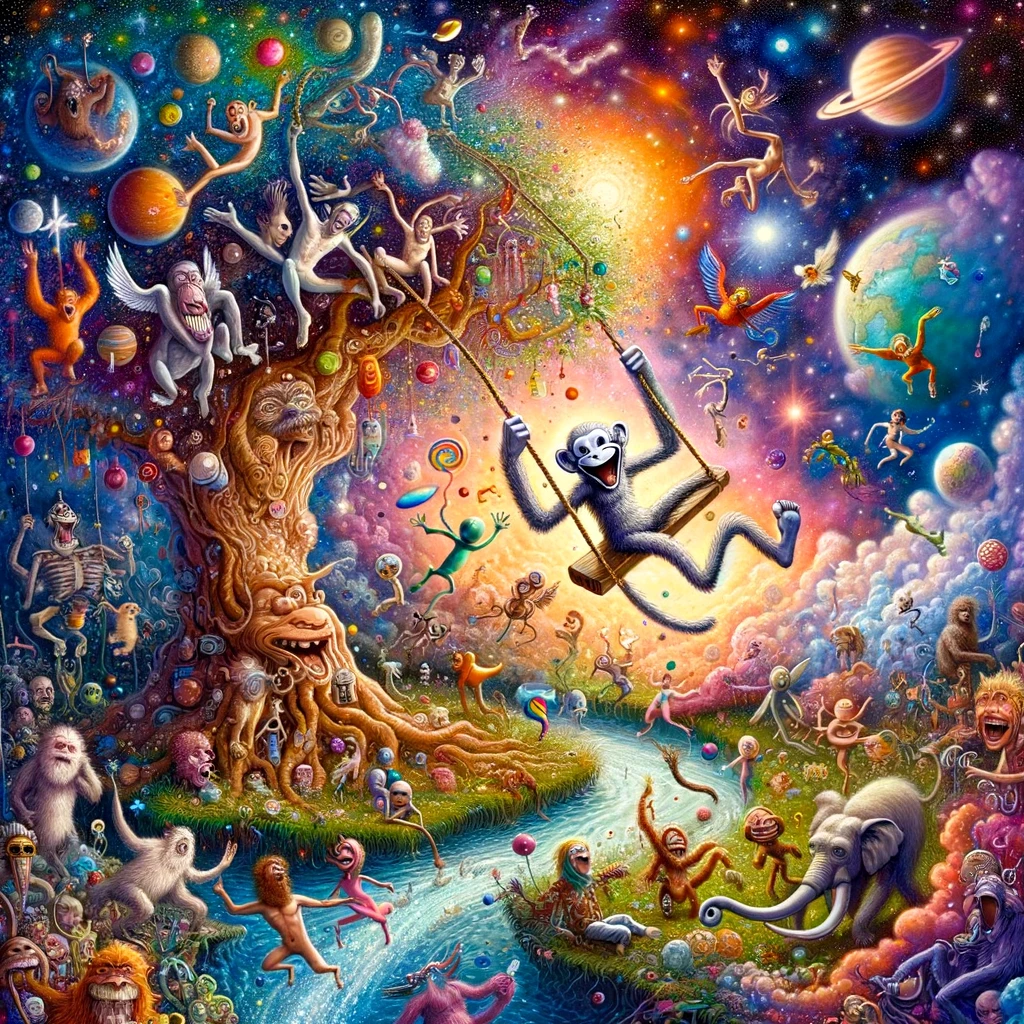
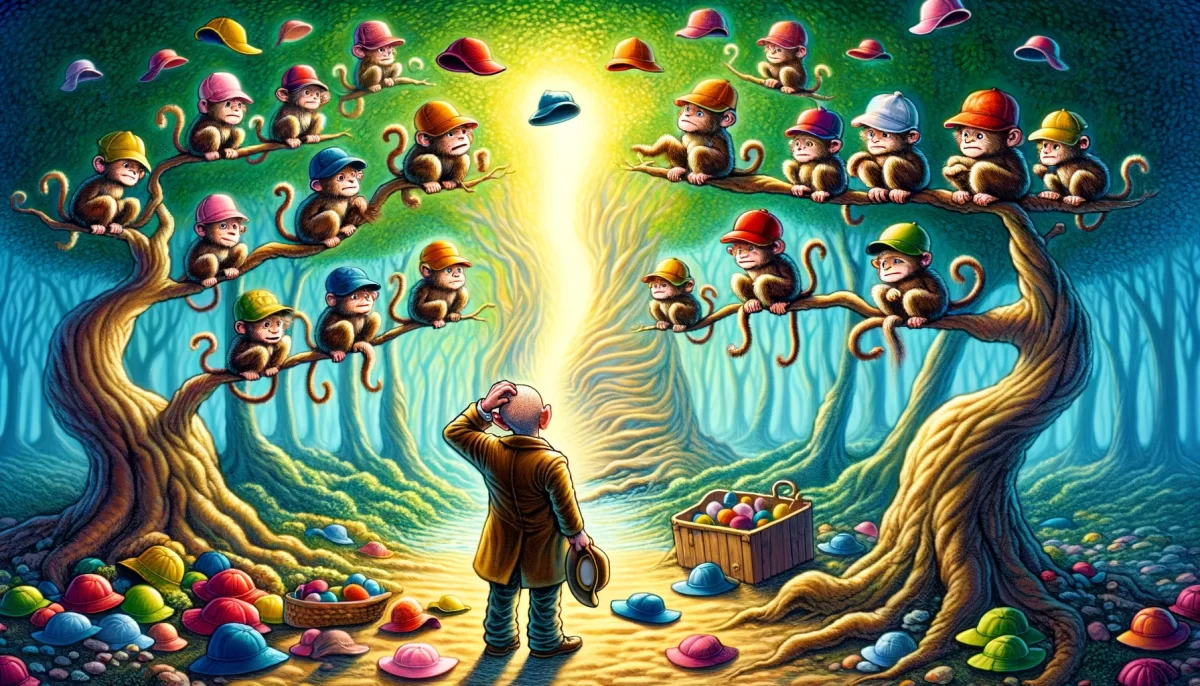
Leave a Reply